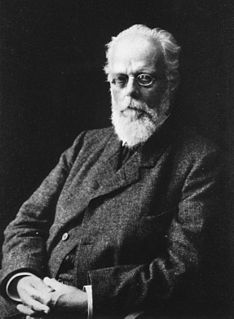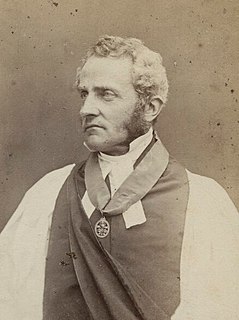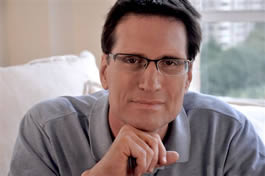A Quote by Mary Wollstonecraft Shelley
In my joy I thrust my hand into the live embers, but quickly drew it out with a cry of pain. How strange, I thought that the same cause should produce such opposite effects.
Related Quotes
How do you meditate? You meditate with an inner cry. There should be an inner cry here, in the heart. The outer cry is ego-centred; it wants name and fame. ... While you are feeling this inner cry, you try to make the mind absolutely calm and quiet. If a thought enters your mind, you try to reject it. Consider this thought as a fly. When a fly comes to land on your arm, you don't allow the fly to remain; you just wave your hand and it goes away.
It was strange, how easily and quickly protection could cause destruction. Sometimes, Vasher wondered if the two weren't really the same thing. Protect a flower, destroy pests who wanted to feed on it. Protect a building, destroy the plants that could have grown in the soil. Protect a man. Live with the destruction he creates.
Pain and suffering are in themselves bad and should be prevented or minimized, irrespective of the race, sex, or species of the being that suffers. How bad a pain is depends on how intense it is and how long it lasts, but pain of the same intensity and duration are equally bad, whether felt by humans or animals.
Every one of us knows how painful it is to be called by malicious names, to have his character undermined by false insinuations, to be overreached in a bargain, to be neglected by those who rise in life, to be thrust on one side by those who have stronger wills and stouter hearts. Every one knows, also, the pleasure of receiving a kind look, a warm greeting, a hand held out to help in distress, a difficulty solved, a higher hope revealed for this world or the next. By that pain and by that pleasure let us judge what we should do to others.
To my knowledge, there have been no studies done on the effects of antidepressants and altitude. But it is hugely important to find out if there are side effects. We should also find out what are the effects on fine motor skills and reaction time. These are all important questions that should be assessed.
Joy is what makes life worth living, but for many joy seems hard to find. They complain that their lives are sorrowful and depressing. What then brings the joy we so much desire? Are some people just lucky, while others have run out of luck? Strange as it may sound, we can choose joy. Two people can be part of the same event, but one may choose to live it quite differently than the other. One may choose to trust that what happened, painful as it may be, holds a promise. The other may choose despair and be destroyed by it. What makes us human is precisely this freedom of choice.







































